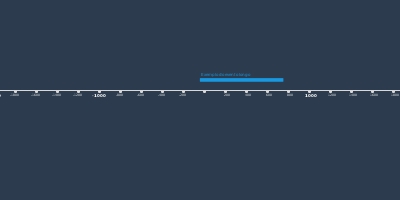Humanismo cristão (jul 1, 1450 – apr 4, 1588)
Description:
O humanismo cristão, também chamado de religiosismo, é a crença que a liberdade e o individualismo humanos são partes intrínsecas (naturais), ou pelo menos compatíveis com, a doutrina e a prática cristãs. É uma união filosófica de princípios cristãos e humanistas.Christian humanism regards humanist principles like universal human dignity and individual freedom and the primacy of human happiness as essential and principal components of the teachings of Jesus, and explicitly emerged during the Renaissance with strong roots in the patristic period. Historically, major forces shaping the development of Christian humanism was the Christian doctrine that God, in the form of Jesus Christ became human in order to redeem humanity, and the further injunction for the participating human collective (the church) to act out the life of Christ.[1] Many of these ideas had emerged among the patristics, and would develop into Christian humanism in the late 15th century, through which the ideals of "common humanity, universal reason, freedom, personhood, human rights, human emancipation and progress, and indeed the very notion of secularity (describing the present saeculum preserved by God until Christ’s return) are literally unthinkable without their Christian humanistic roots."[2][3][4] Though there is a common association of humanism with agnosticism and atheism in popular culture, this association developed in the 20th century and non-humanistic forms of agnosticism and atheism have long existed.[5]
ORIGINS
Christian humanism originated towards the end of the 15th century with the early work of figures such as Jakob Wimpfeling, John Colet, and Thomas More and would go on to dominate much of the thought in the first half of the 16th century with the emergence of widely influential Renaissance and humanistic intellectual figures like Jacques Lefèvre d'Étaples and especially Erasmus, who would become the greatest scholar of the northern Renaissance.[6] These scholars used much of their intellectual work towards reforming the church and reviving spiritual life through humanist education, and were highly critical of the corruption they saw in the Church and ecclesiastical life. They would combine the greatest morals in the pre-Christian moral philosophers, such as Cicero and Seneca with Christian interpretations deriving from study of the Bible and Church Fathers.
Added to timeline:
Date:
jul 1, 1450
apr 4, 1588
~ 137 years
